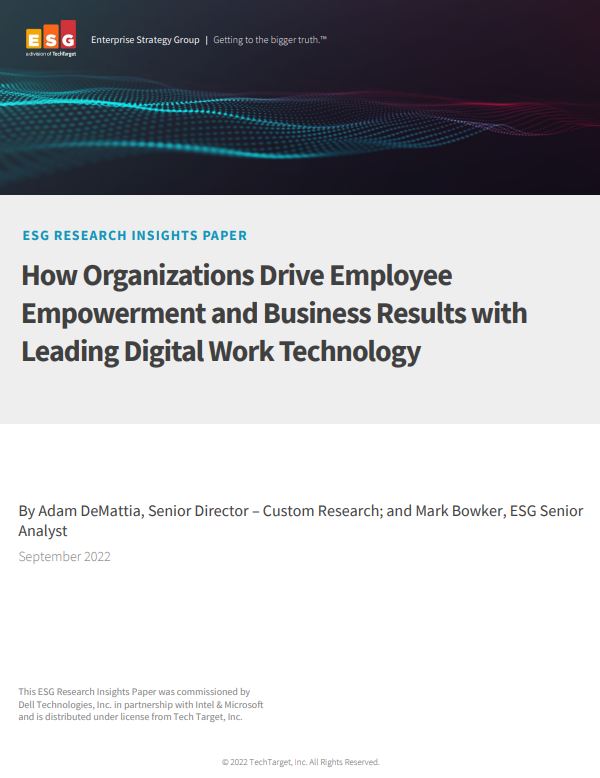India antitrust probe finds Google abused Android dominance
The ruling comes just days after South Korean regulators fined Google £130 million for the same offence


The Competition Commission of India's (CCI) investigations unit has found that Google abused the dominance of its Android operating system in the country to illegally hurt competitors.
That's according to the findings of the antitrust authority’s two-year investigation into the tech giant’s conduct in India, where 98% of smartphones are powered by Android.
Google was found to have used its "huge financial muscle" to reduce smartphone manufacturers’ ability to opt for alternate versions of its mobile operating system, as well having forced them to pre-install Google apps.
RELATED RESOURCE

Responding to disruptive shifts in the workplace
How video makes remote work and the borderless office possible
This is in violation of India's competition law, the regulator ruled, stating that Google’s mandatory pre-installation of apps "amounts to imposition of unfair condition on the device manufacturers".
Play Store policies were "one-sided, ambiguous, vague, biased and arbitrary", while Android has been "enjoying its dominant position" in licensable operating systems for mobile devices since 2011, the report, seen by Reuters, reads.
However, the report is not yet final. It still has to be reviewed by senior CCI members, who will also provide Google with another chance to defend itself before issuing any potential penalties, according to the publication.
Google told Reuters that it's looking forward to cooperating with India’s antitrust authority to "demonstrate how Android has led to more competition and innovation, not less”. It will also have the opportunity to appeal any order in India's courts.
Sign up today and you will receive a free copy of our Future Focus 2025 report - the leading guidance on AI, cybersecurity and other IT challenges as per 700+ senior executives
India is a key growth market for the tech giant, which last year announced plans to invest $10 billion (£7.3 billion) in the country over the next five to seven years – its biggest financial commitment to a single region.
Google has been blocking customised versions of its Android operating system not only in India. The ruling comes just days after South Korean regulators presented Google with a 207.4 billion won (£130 million) fine for the same offence.
Having only graduated from City University in 2019, Sabina has already demonstrated her abilities as a keen writer and effective journalist. Currently a content writer for Drapers, Sabina spent a number of years writing for ITPro, specialising in networking and telecommunications, as well as charting the efforts of technology companies to improve their inclusion and diversity strategies, a topic close to her heart.
Sabina has also held a number of editorial roles at Harper's Bazaar, Cube Collective, and HighClouds.
-
 Windows 11 tips and tricks for IT professionals
Windows 11 tips and tricks for IT professionalsIn-depth Like many systems, Windows 11 has a slate of hidden tips and tricks for users looking to ramp up productivity
-
 How organisations drive employee empowerment and business results with leading digital technology
How organisations drive employee empowerment and business results with leading digital technologyWhitepaper What you can achieve with a leading approach to digital work
-
 How to add a printer to macOS
How to add a printer to macOSTutorials Everything you need to know about connecting a printer to an Apple computer via cable, Wi-Fi or IP address
-
 How to make a printer shortcut in Windows 10
How to make a printer shortcut in Windows 10In-depth Quickly checking printer settings and the print tray just got a bit easier with these simple steps
-
 How to take a screenshot on MacOS
How to take a screenshot on MacOSTutorials We run you through the various ways to take a screenshot on MacOS, including how to capture tricky areas like the menu and touch bars
-
 How to choose APM software for your business
How to choose APM software for your businessWhitepaper A market guide to Asset Management Performance software
-
 Windows 11 Home vs Pro: What's the difference for business users?
Windows 11 Home vs Pro: What's the difference for business users?Vs A comparison of the various features and tools available across Windows 11's Home and Pro versions
-
 Windows 10 Pro vs Home vs Enterprise: Which is best for your business?
Windows 10 Pro vs Home vs Enterprise: Which is best for your business?Vs A guide to the various features available across each iteration of Microsoft's most popular operating system


